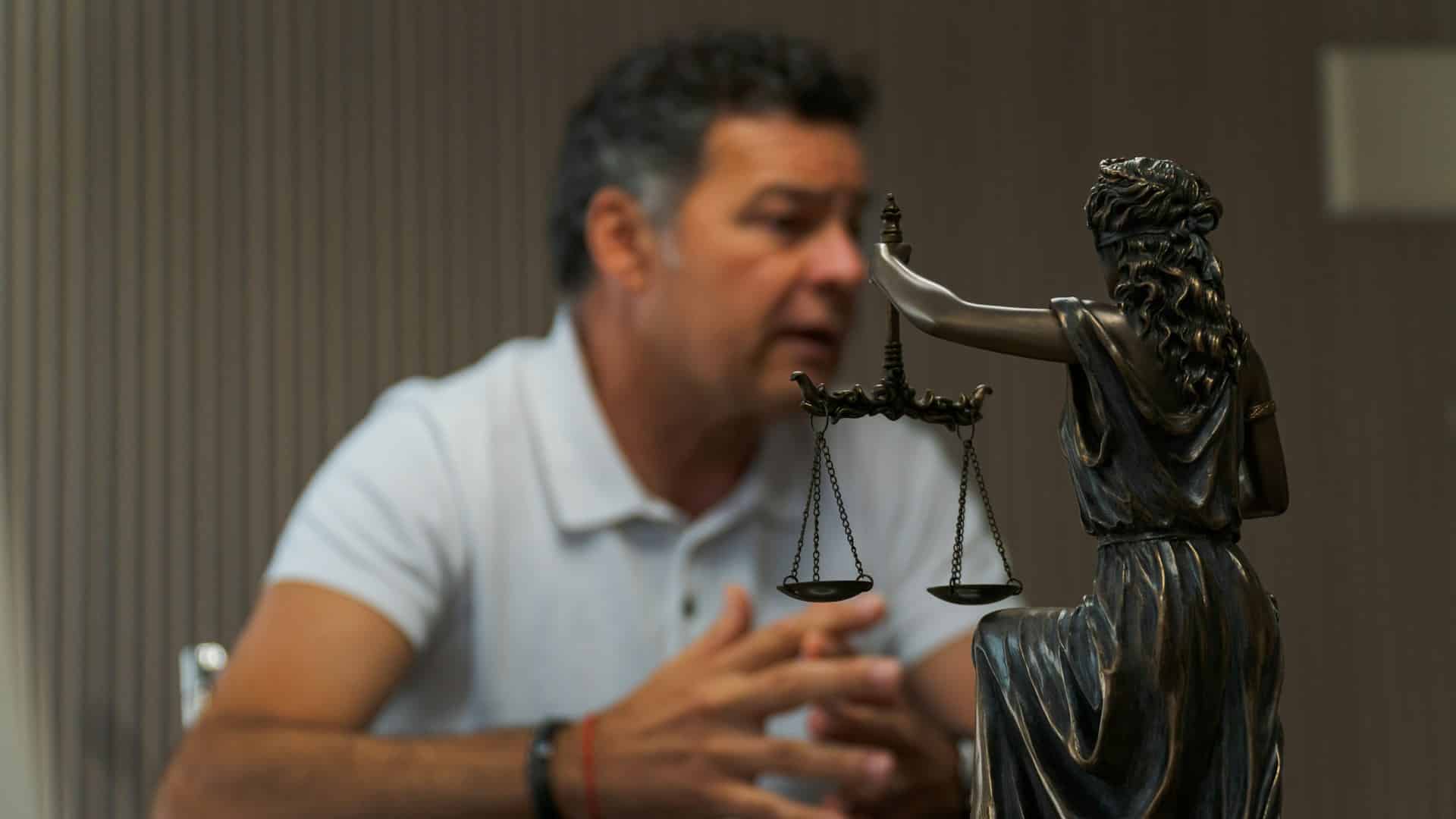Choosing the right malpractice lawyer is a significant decision, especially in Tampa, Florida where medical litigation can be complex. It’s not just about selecting the most popular firm; it’s about finding the right fit for your unique case. Malpractice claims can have serious long-term impacts on your life and understanding what you’re getting into is key. Knowing the right questions to ask from the outset helps ensure you engage a capable and suitable lawyer, alleviating some of the stress during a challenging time.
Asking the right questions during your initial meetings can make all the difference. Start by assessing their experience with cases like yours. This sets the tone for a relationship where they’ll navigate the legal waters on your behalf. The aim is to secure not only a legal professional but also a partner who will advocate effectively for your needs. Through understanding and proper guidance, you’ll feel more confident in moving forward with your legal proceedings.
What Is Your Experience with Cases Like Mine?
When consulting malpractice lawyers in Tampa, understanding their experience is like examining a mechanic’s resume before trusting them with your car. You’ll want someone who not only understands the law but has walked the path you’re about to tread. Specialized experience with cases similar to yours ensures the lawyer has the nuanced knowledge necessary for your situation. It’s one thing to know the law; it’s quite another to be adept at applying it effectively in real-world scenarios.
Ask about the lawyer’s track record with similar malpractice cases. Have they routinely handled cases involving similar circumstances? This inquiry gives you insight into their expertise and helps predict how they might approach your case. It’s also helpful to inquire about their previous case outcomes. While past success doesn’t guarantee future results, it certainly provides a clearer picture of what they bring to the table.
What Are the Costs Involved?
Understanding the financial aspect of hiring a malpractice lawyer doesn’t just ease anxiety; it creates transparency right from the start. Costs can differ significantly, depending on various factors such as the complexity of the case, the lawyer’s reputation, and the resources required. Here’s how you can break it down:
– Fees: This encompasses lawyer fees which might be hourly or a flat rate.
– Court Costs: These are expenses for filing fees, document preparation, and other administrative tasks.
– Additional Expenses: Travel, expert witness fees, or investigation costs can add up.
Ensure clarity about the payment structure, whether it’s a contingency fee (where the lawyer gets paid only if you win) or a different arrangement. Clarifying all terms upfront will help you avoid unexpected surprises and allow for sound financial planning during the litigation process. Understanding the investment involved allows you to proceed confidently, knowing you can sustain the case financially from start to finish.
Who Will Handle My Case?
Knowing exactly who will be handling your case is an important detail that should not be overlooked. When dealing with large law firms in Tampa, it’s common for multiple people to work on a case. While a seasoned attorney may initially meet with you, the day-to-day handling might be done by associates or paralegals. This isn’t necessarily bad, as it can make for a well-rounded approach with different perspectives and areas of expertise. However, it’s still critical to know who your main point of contact will be to ensure clear and consistent communication throughout your case.
Ask the lawyer how they delegate tasks and whether you’ll have direct access to them or primarily their support team. Understanding this arrangement can prevent any confusion later on and help set expectations. You can also inquire about the team’s experience and how they collaborate, as this offers insight into how your case will be managed.
How Will You Communicate with Me?
Effective communication can be a deciding factor in achieving a favorable outcome in your case. It’s important to establish a communication plan that suits both you and your lawyer. Ask how often you’ll receive updates and in what form — emails, phone calls, or in-person meetings. Understanding how the firm prioritizes keeping you informed ensures you feel comfortable and involved.
Here are some questions to ask regarding communication:
– What is your preferred method of communication?
– How frequently can I expect updates on my case?
– Will I communicate directly with you or a team member?
By agreeing on a communication plan early on, you’ll stay informed and feel more connected to the process without experiencing periods of uncertainty.
Next Steps and What to Expect
So, you’ve got a clearer idea about the questions you should be asking, but what comes next? Once you’ve gathered this information, take some time to reflect on the various responses. Compare the insights gained from different consultations and consider which lawyer seemed most compatible with your needs and expectations. The goal is to align yourself with a legal representative who not only understands your case but also offers transparency, expertise, and a reliable support system.
You might feel a bit overwhelmed, and that’s okay. Hiring a malpractice lawyer in Tampa is a step worth taking seriously, and giving yourself time to weigh your options is part of making a well-informed choice. By prioritizing open communication and a proven track record, you’ll be more prepared to face the challenges ahead with a skilled advocate at your side.
If you’re ready to take the next step in finding the right support for your malpractice case, see how working with malpractice lawyers in Tampa can make a difference. Greco, Wozniak & Ruiz-Carus, P.A. is here to offer the guidance and dedication needed to help you move forward with confidence. Reach out today to connect with a team committed to protecting your rights.






